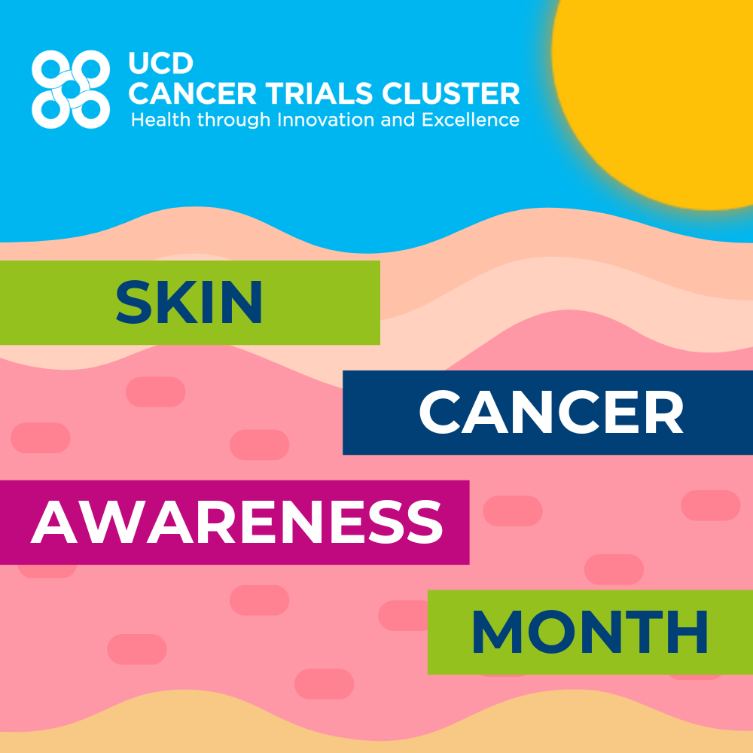Melanoma
Melanoma is a less common but more serious form of skin cancer affecting over 1,000 people in Ireland each year.
Melanoma typically develops from a mole or from the development of a new pigmented growth on the skin. Signs to watch out for in a mole:
- Changes in size i.e. gets bigger
- Changes in colour, such as moles with multiple colours or patterns
- Changes in feel i.e. itching, pain, bleeding
- Unusual shape i.e. a mole with two different looking halves
- Uneven outline (asymmetrical shape)
The Irish Cancer Society provides some helpful images of different mole changes. You can access those pictures by clicking here.
If you notice any changes to your skin that you are concerned about, you should see your doctor.

.png)